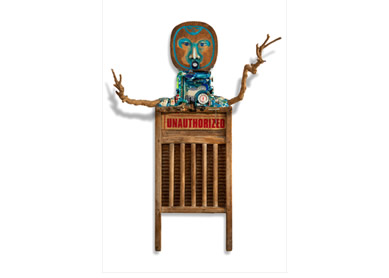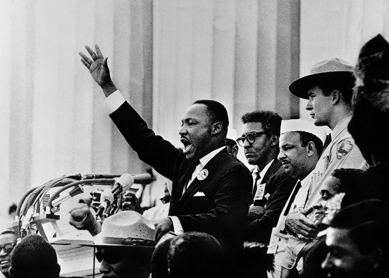In the tumultuous days of the American civil rights movement, the Reverend Dr. Martin Luther King Jr. looked to the Bible for inspiration, finding in the story of Pharaoh’s defeat in the book of Exodus a symbol of the inevitable collapse of unjust social structures. The Bible’s call for social justice has long inspired a concern for building a more just world. This sense of justice is typified in
The Bible took shape over the centuries in the shadow of empire and foreign domination. This arena of struggle became the context in which the biblical writers sought to make sense of the demands for justice passed on in their tradition. Reacting against these powers, the biblical vision for justice came to hinge on the belief that God had acted in history to liberate the people of Israel from bondage as slaves in Egypt. God’s victory over Pharaoh was sealed by a treaty (covenant) in which the people of Israel were bound to sacred obligations and laws. Among these were laws regulating care for the poor, the day laborer, and the foreign immigrant. The treatment of the neighbor, in other words, became a sacred obligation.
Among the many laws of the Torah, or books of Moses, are laws that govern how to treat the landless poor and those who lack the basic necessities of life. Laws of gleaning, for example, set aside crops on the margins of fields for those who don’t own their own land or have suitable food stores. The book of Ruth puts in narrative form the plight of the poor, as the protagonist Ruth survives by gleaning in the fields of Boaz who eventually becomes her champion and husband. Other laws in the Torah regulate the treatment of debt slaves, individuals who were forced by their poverty to pay off their debts by laboring for a set number of years before earning their freedom. In the framing of such laws, the ancient Israelites were in part influenced by the legal practices of their world, where law codes were commonly issued by kings. However, in the special cases of the poor, the widow, and the fatherless, the Israelites brought their own experience of exodus and freedom to bear on the shaping of their laws.
The failure to care for the poor becomes a major theme in the Bible’s prophetic literature. The prophets were individuals who saw themselves as announcers of the judgment of God against a society that had given itself over to greed and idol worship. Failure to treat the poor justly became the telltale sign of an unjust society. In the prophetic writings begins the long tradition of social criticism that carries down to the present day through the work of Martin Luther King Jr. and others who continue to build on the biblical vision for social justice.
Bibliography
- Crossan, John Dominic. God and Empire: Jesus against Rome, Then and Now. New York: Harper Collins, 2007.
- Brueggemann, Walter. The Prophetic Imagination. 2nd ed. Minneapolis, Minn.: Fortress Press, 2001.
- Pleins, J. David. The Social Visions of the Hebrew Bible: A Theological Introduction. Louisville: Westminster John Knox, 2000.




